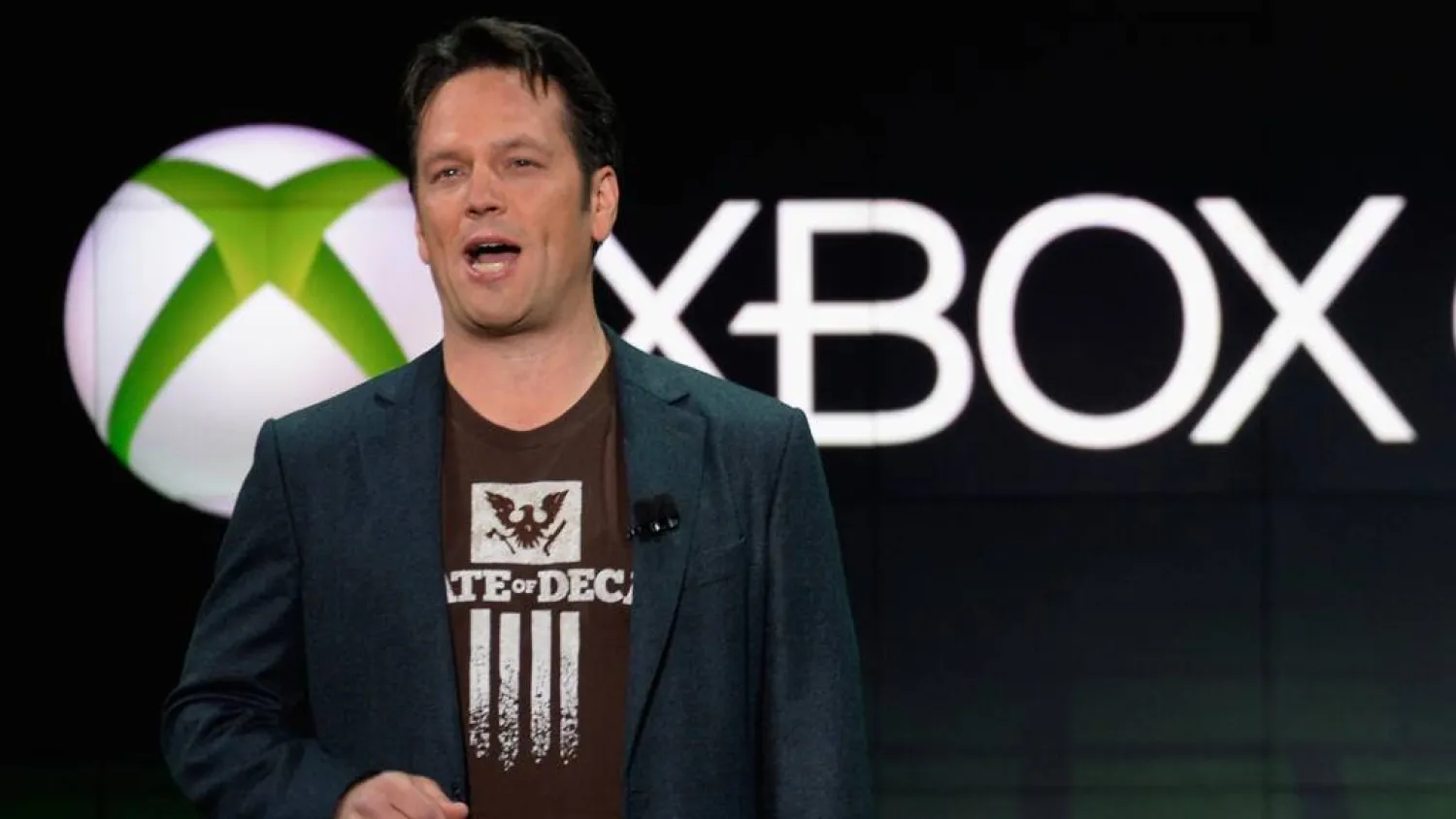Elon Musk's social media platform X has sued a group of advertisers, alleging that a “massive advertiser boycott” deprived the company of billions of dollars in revenue and violated antitrust laws.
The company formerly known as Twitter filed the lawsuit Tuesday in a federal court in Texas against the World Federation of Advertisers and member companies Unilever, Mars, CVS Health and Orsted.
According to Reuters, it accused the advertising group's brand safety initiative, called the Global Alliance for Responsible Media, of helping to coordinate a pause in advertising after Musk bought Twitter for $44 billion in late 2022 and overhauled its staff and policies.
Musk posted about the lawsuit on X on Tuesday, saying “now it is war” after two years of being nice and “getting nothing but empty words.”
X CEO Linda Yaccarino said in a video announcement that the lawsuit stemmed in part from evidence uncovered by the US House Judiciary Committee which she said showed a “group of companies organized a systematic illegal boycott” against X.
The Republican-led committee had a hearing last month looking at whether current laws are “sufficient to deter anticompetitive collusion in online advertising.”
The lawsuit’s allegations center on the early days of Musk’s Twitter takeover and not a more recent dispute with advertisers that came a year later.
In November 2023, about a year after Musk bought the company, a number of advertisers began fleeing X over concerns about their ads showing up next to pro-Nazi content and hate speech on the site in general, with Musk inflaming tensions with his own posts endorsing an antisemitic conspiracy theory.
Musk later said those fleeing advertisers were engaging in “blackmail” and, using a profanity, essentially told them to go away.
The Belgium-based World Federation of Advertisers and representatives for CVS, Orsted, Mars and Unilever didn’t immediately respond to requests for comment Tuesday.
A top Unilever executive testified at last month's congressional hearing, defending the British consumer goods company's practice of choosing to put ads on platforms that won't harm its brand.
“Unilever, and Unilever alone, controls our advertising spending,” said prepared written remarks by Herrish Patel, president of Unilever USA. “No platform has a right to our advertising dollar.”









